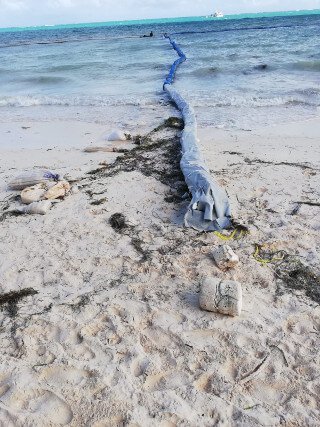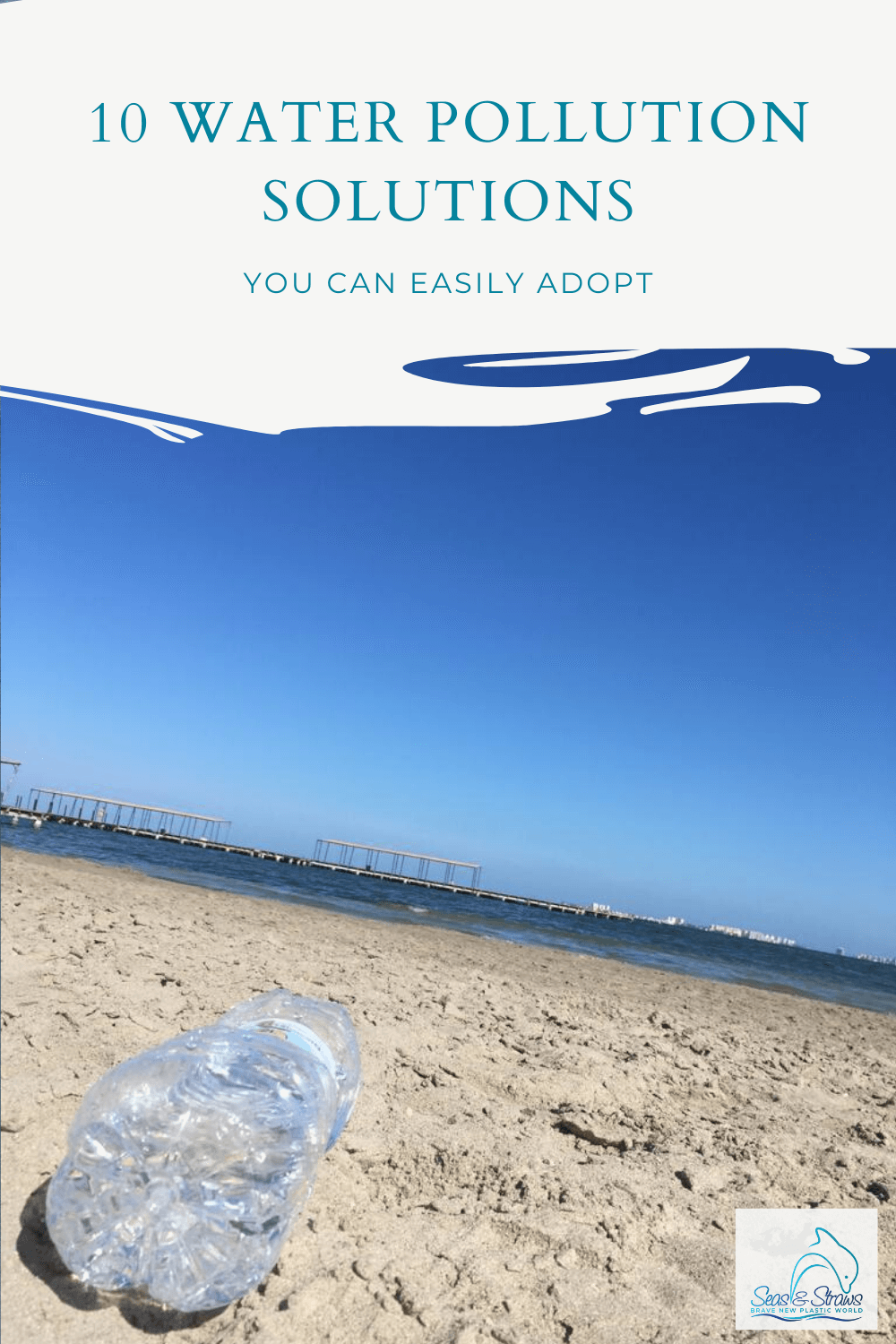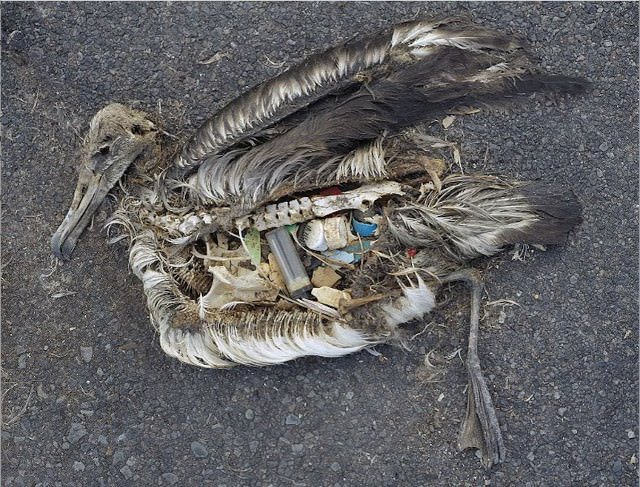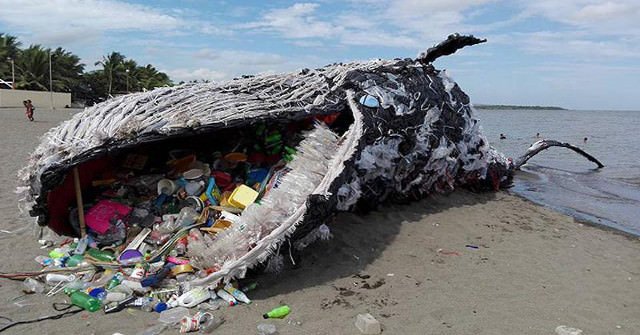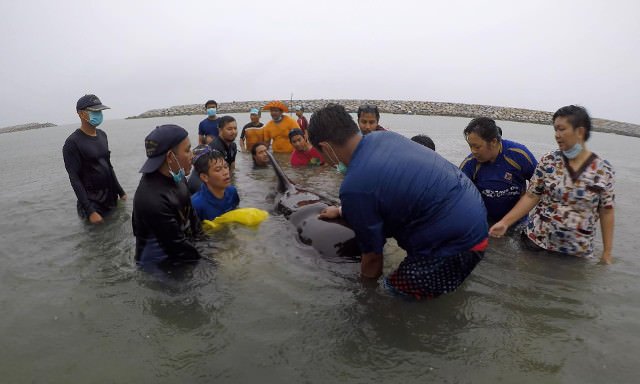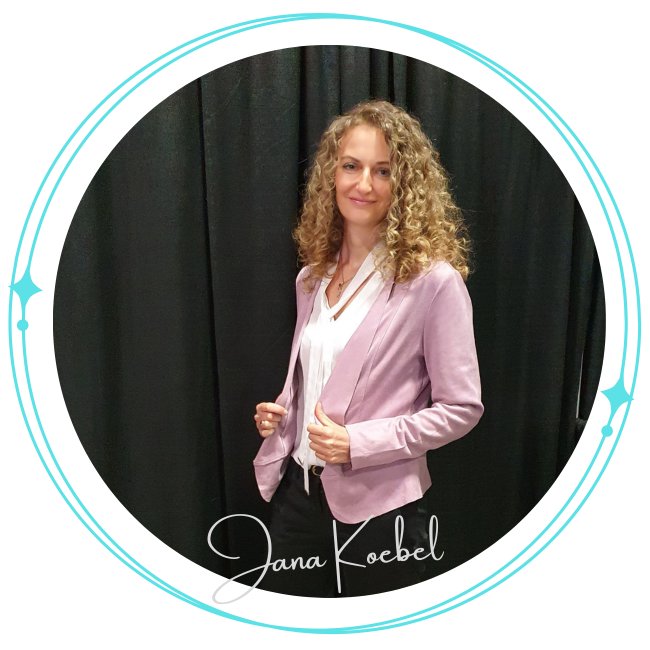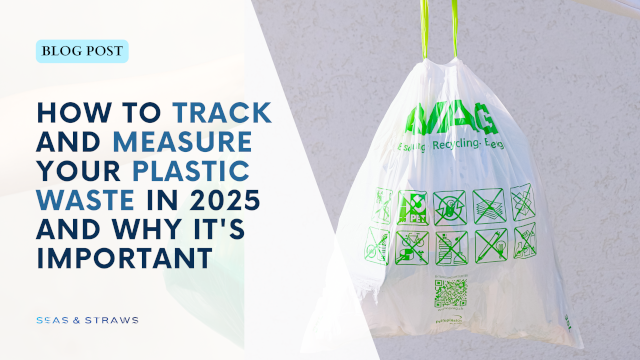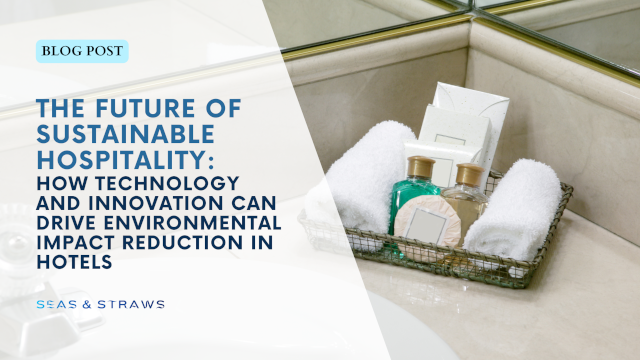- Home
- Ocean Pollution
- Water Pollution Solutions
10 Water Pollution Solutions you should know about
We all depend on clean drinking water and the food we take from the rivers and seas to be healthy, chemical-free. And yet, our modern way of life has polluted most of earth's water bodies. Water pollution is one of the biggest problems of our time, solutions are complicated and manifold. No doubt, industries and agriculture have to show greater responsibility, but there is also a lot each one of us can do to keep our rivers and oceans clean.
The four main causes of water pollution
- Wastewater. Often, the wastewater from industries or municipalities is not cleaned properly. As a result, toxic chemicals, heavy metals, drugs and household products are released into the environment. Some industrial facilities do not even cool the wastewater down before releasing it into the nearest water bodies. The result is an overheating of rivers which disrupts the natural habitat of plants and animals. Fish that are used to live in cold waters, die.
- Fertilizers and pesticides. Conventional agriculture is a huge problem. It relies heavily on fertilizers and pesticides which release a large amount of nitrates, phosphates and other toxic chemicals into water bodies, together with oil and heavy metals.
- Oil from factories, refineries, tankers and ships often leak and contaminate whole areas.
- Plastic trash gets blown from the streets and garbage cans into rivers and lakes, and from there, finds their way into the sea. Even in developed countries with a functioning waste disposal system, this happens. Imagine how much worse it is in countries like India, China and Indonesia with no recycling or garbage disposal system.
90% of all plastic pollution in the oceans comes from only 10 rivers, 8 of them are in Asia. In total, the equivalent of one truckload full of plastic waste is dumped into the ocean every minute, 8 million tons every year. If you want to know more about how much Asia is contributing to the problem (and what we have to do with it), read my article about the cause of water pollution.
With that said, everyone of us is equally responsible for polluting the ocean with plastic. Did you know that thousands of microfibre particles from your clothes are released into the water with every washing? Synthetic clothing such as fleece or polyester shed up to 2,000 microfibers every time you put it in the laundry. No washing machine or wastewater treatement facility is able to filter these microplastic particles, as the sieves are just not small enough. You can read more about microfibres and microplastic here.
10 Water pollution solutions You Can Easily Adopt
- Only wash synthetic clothing when it is really necessary. Be especially careful with fleece and clothes that shed fibres easily. Sometimes it's enough to hang them out to air. Buy the Guppyfriend. It's is a washing bag that reduces microfibre shedding and filters those that do shed, thus reducing the amount of microplastic entering the seas.
- Be mindful of microplastic in toothpaste, creams, exfoliates etc. and buy eco-friendly alternatives that use only natural ingredients and exfoliants. Here is a fantastic list of micro plastic-free cosmetic products by country.
- Never throw cotton buds (q-tips) into the toilet. They are so small that they pass through wastewater treatment sieves and often end up in the ocean. Buy eco-friendly and biodegradable alternatives made from bamboo or cardboard.
- Use water wisely. Do not turn on the shower before you're ready. Do not leave it running while doing other chores. Water is a precious resource. Every minute in the shower uses 2.5 gallons of perfectly good, hot drinking water. In the U.S., 20 percent of it is wasted, going down the drain while people "get ready" to shower. That's 1.2 trillion gallons of water wasted in the United States each year.
- Avoid single-use plastic items like straws, bottles or to-go cups. They most likely end up in the ocean. Use re-usable grocery bags, bring your lunch in steel containers and your water in reusable steel or glass bottles. Wrap your food in beeswax wraps instead of plastic kitchen foil.
- Always check the recycling codes of each plastic bottle and container and dispose of them properly. You can find an overview of the recycling codes here.
- Do not throw cigarette buds onto streets or into forests. They are highly toxic and contaminate the environment for decades.
- Do not throw oil, paints, medicine or other chemicals down the sink drain or into your yard. They are toxic, too.
- Buy green and eco-friendly cleaning products that don't contaminate the water they come in contact with.
- Recycle your old clothing instead of throwing it away.
And to drive the point home: have you seen the picture of a tiny seahorse holding on to a cotton bud? Here's the heartbreaking story behind that picture.
What do you do to prevent water pollution? Let me know in the comments how you contribute to finding solutions.
